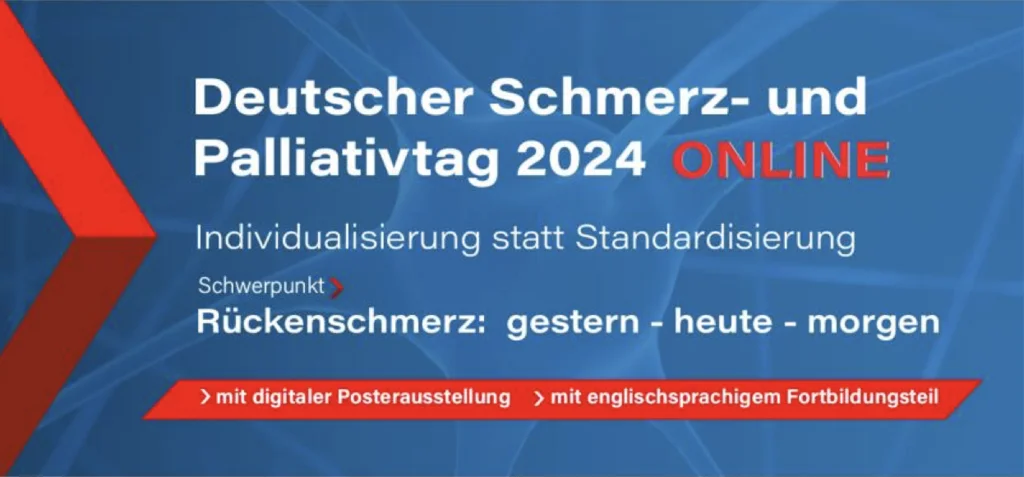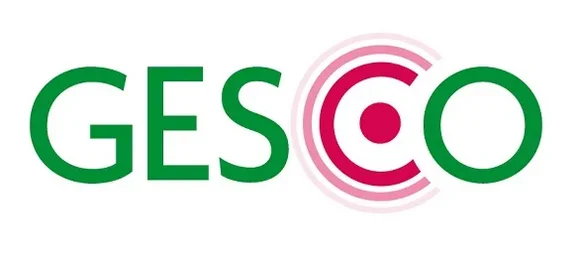Poster prize for scientific work on the gender-sensitive treatment of chronic pain

With an average of 4.2 stars, a poster by Jordan Preuß et al. from the GESCO project at Witten/Herdecke University received the highest rating.
At the German Pain and Palliative Care Day, which took place online from 12 to 16 March, there was once again a poster exhibition this year. Congress participants were able to rate each ePoster with a maximum of five stars. A poster by Jordan Preuß et al. from the GESCO project (development and piloting of gender-sensitive primary medical care for patients with chronic non-tumour-related pain (CNTS) under long-term opiate therapy) at Witten/Herdecke University received the highest rating with an average of 4.2 stars.
The ePoster presented the GESCO study, which focussed on how gender influences CNTS and long-term opioid therapy. A literature search with a clinical-pharmacological focus was carried out for this purpose. This revealed, among other things, that both nociception and pain chronification differ depending on gender. Gender differences were found in the prevalence of chronic pain, the dosage of painkillers, the side effects of opioids and addictive behaviour during opioid therapy. The authors recommend sensitising doctors to the importance of gender in dealing with CTNS.
2nd place: PraxisRegister Schmerz - 3rd place: Epiduroscopy
Second place with an average of 4.16 stars went to the ePoster "Collectivisation of routine data from standard care to strengthen health care research. The PraxisRegister Schmerz" by PD Dr Michael A. Überall et al. from the Institute of Neurosciences, DGS Centre of Excellence for Health Care Research, and third place with an average of 4.1 stars went to the ePoster "Epiduroscopy: Significant improvement in patients with chronic lumboischialgia - 6-month interim results of a prospective cohort study" by Dr Simon Weidert et al. from the Musculoskeletal University Centre Munich at the Ludwig Maximilian University Hospital in Munich.
PD Dr Michael A. Überall, vice president of the German Society for Pain Medicine (DGS), who announced the awards at the end of the German Pain and Palliative Care Day 2024 last Saturday, emphasised that all the posters presented online were well judged. The DGS is donating 600 euros for first place, 400 euros for second place and 200 euros for third place as prize money. The authors also have the opportunity to publish their poster contribution in written form in the journal "Schmerzmedizin" (Springer Medizin Verlag).
Lectures available in the media library
The German Pain and Palliative Care Day 2024 took place online from 12 to 16 March 2024. For registered participants, all lectures are still available on demand in the media library until 31 May.
Further information: https://www.dgschmerzmedizin.de/kongresse/deutscher-schmerz-und-palliativtag/
With around 4,000 members and 120 pain centres, the German Society for Pain Medicine (DGS) is the leading scientific association for the care of people with chronic pain. In close cooperation with the German Pain League, its primary goal is to improve the quality of life of these people - through better diagnostics and a therapy orientated towards the patient's everyday life. To this end, the members of the DGS work together on a daily basis in medical practices, clinics, pain centres, pharmacies, physiotherapy and psychotherapy facilities on an interdisciplinary basis. The annual German Pain and Palliative Care Day organised by the DGS has been one of the most important specialist events and dialogue forums internationally since 1989. Currently, around 1,321 outpatient pain specialists are treating the increasing number of patients. At least 10,000 trained pain doctors would be needed to provide comprehensive care for the approximately 3.9 million people suffering from severe pain. In order to achieve better care for people with chronic pain, the DGS is calling for holistic and needs-orientated structures - both outpatient and inpatient - as well as a fundamental reorientation of demand planning.
